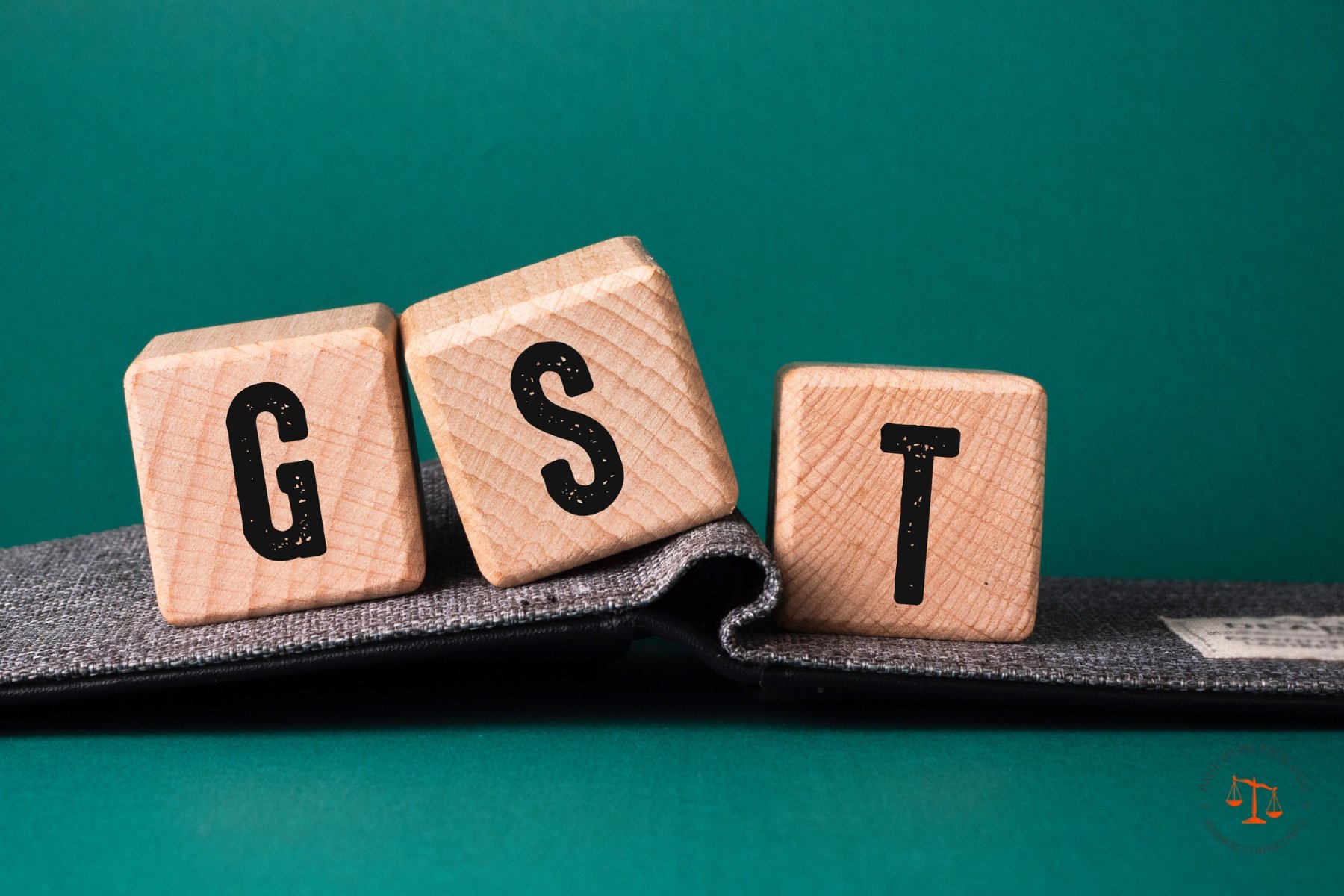Singapore’s employment laws consist of various legislation, addressing all aspects of the workplace. In the relationship between a company and their employees, employment lawyers play a critical role. This relationship begins with the hiring of an employee and continues through a full cycle that can conclude in the voluntary or forced termination of employment.
They cover a wide range of topics, including pension plans and retirement, job safety, and workplace discrimination. They control the employer-employee relationship as well as the rights and responsibilities of employees.
What are Employment Laws?
Employment laws in Singapore include the following, among others:
- Recruiting
- Advertising of job openings
- New formalities
- Remuneration
- Promotion
- Relocation of employees
- Benefits and bonuses
- Organisational restructuring
- Voluntary exits
- Litigation
Who Does the Employment Act Cover?
The Singapore Employment Act provides comprehensive protection to all employees working in Singapore, regardless of their nationality or employment status.
Types of Covered Employment Arrangements
The Employment Act (EA) safeguards employees in various employment arrangements, such as full-time, part-time, temporary, or contractual work. The Employment (Part-Time Employees) Regulations also cover part-time workers, defined as those working less than 35 hours per week.
Protection Regardless of Payment Mode
Regardless of the mode of payment—whether hourly, daily, monthly, or piece-rated—the Act still entitles employees to its protections.
Exceptions to Coverage
However, there are certain exceptions to the coverage of the Employment Act. The Act’s provisions do not cover seafarers, domestic workers, or employees working for statutory boards or civil servants. Statutory boards refer to specific autonomous government agencies like the Accounting and Corporate Regulatory Authority (ACRA) or the Monetary Authority of Singapore (MAS).
Terms for Non-Covered Employees
Employees not covered by the Employment Act will have their terms and conditions of employment governed by the specific employment contract they have with their employer.
Importance of Awareness
Employers and employees must know the Employment Act and their contract terms for a fair and compliant work relationship.
When an employer plans to recruit a new employee, most times they have no knowledge about them. The employment laws in Singapore and guidelines from the Tripartite Guidelines on Fair Employment Practices prohibit employers from discriminating against applicants based on certain qualities such as:
- Age
- Race
- Gender
- Religion
- Marital status
- Family responsibilities
- Disability
Employers must also recruit employees based on their skills, experience, and other non-discriminatory factors. They should treat employees fairly, providing equal opportunities for growth and rewards. The employment laws in Singapore aim to safeguard the workers’ rights.
Minimum Terms of a Contract Employment in Singapore
There are minimum terms of a contract employment regulated in employment law which include:
- Name, address, line of business
- Name, gender, age, address of employee
Occupation / type of job - Date of commencement of work
- Description of main duties and responsibilities
- Duration of employment
- Working arrangements, working hours, number of working days per weeks, working from home
- Place where the job is located
- Wages including the basic rate of pay, overtime rate, fixed allowance and how its paid
- Medical benefits and number of annual and medical leaves
- Rights and obligations of both the employer and employee
- Work agreement including date of work period
- Place of work agreement establishment
- Signatures of parties involved
Common issues in employment and labour laws and regulations are covered by employment laws. Employment terms and conditions, employee representation, labour relations, discrimination, maternity and family leave entitlements, and business sales are all common topics.
Can Employers Force Employees to Take Annual Leave?
Employers in Singapore are not allowed to force any of their employees to take annual leave. Such unreasonable practices include requiring employees to take their yearly leave entitlements without their approval or forcing them to take no-pay leave. An employer’s work pass privileges may be suspended if they do this.
If you come across such activities at work, you should report them to the Ministry of Manpower (MOM), which would take appropriate action against your hiring company.
Here are some of the employment laws defending employees’ rights and benefiting Singaporeans from the employment laws:
- Labour law protects maternity rights, entitling pregnant employees to take three months of paid maternity leave. This also applies to male workers by protecting their paternity rights. Male workers receive two days of paternity leave if their wife gives birth or miscarries.
- An employee is entitled to paid family leave in cases of marriage, baptism, or death of an employee’s child.
- Employees are also entitled to sick leave if they provide a medical certificate or statement proving illness or injury.
- Employees are also entitled to long-term paid medical leave if a doctor recommends it in writing and it lasts for a period greater than one year.
- A worker becomes entitled to annual leave after working for 12 consecutive months
Violation of Employment Laws in Singapore
Employers and employees that break employment laws in Singapore face a variety of penalties. Authorities can impose penalties including fines and jail time. In addition to legal and financial penalties, the Singaporean government makes repeat offenders’ names public and instructs other government institutions and commercial banks to refuse them services and loans.
Despite this, firms in Singapore continue to break labour laws and regulations that protect workers’ rights. An employee can only face penalties if a written contract or working agreement specifies them for breaking the law. If an employer violates employment regulations, such as by delaying wage payments, they must pay a penalty equal to a percentage of the worker’s wages.
Employers must not go against company regulations which contain the rights and obligations of both the employer and employee, working conditions, rules of conduct, and period of validity of the company regulations.
FAQs
Nope, you must register a company to run your online business.
Yes, you can.
Yes, to incorporate a company in Singapore, you need at least one local resident. As a foreigner, you can appoint a nominee director or get an employment pass.
Some of the popular businesses in Singapore are laundry, online marketing, e-commerce, financial services, cleaning service, content writing and consulting.
About The Author
Share This Story, Choose Your Platform!
Related Business Articles








